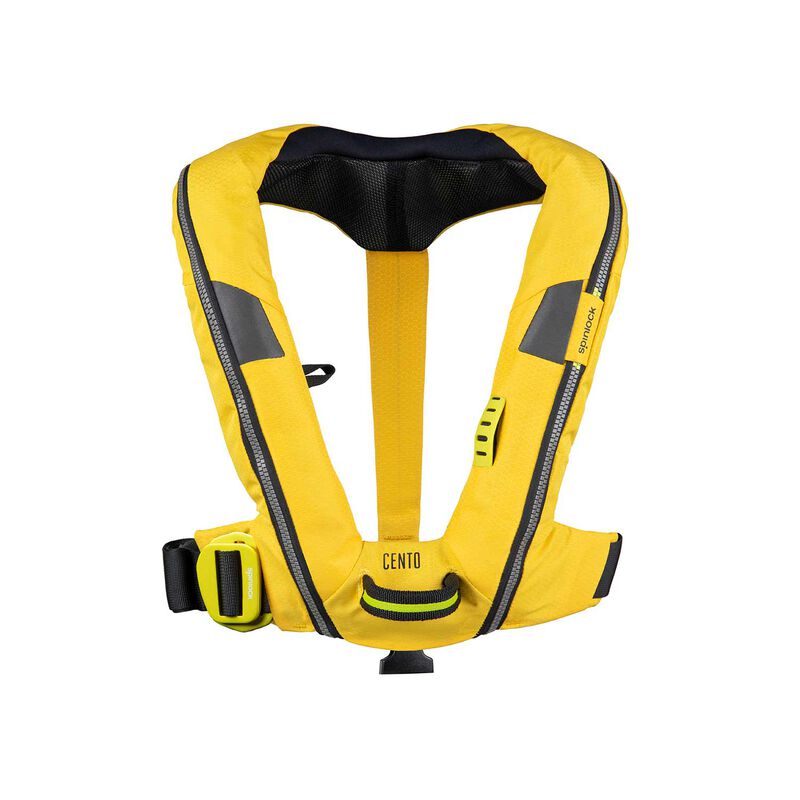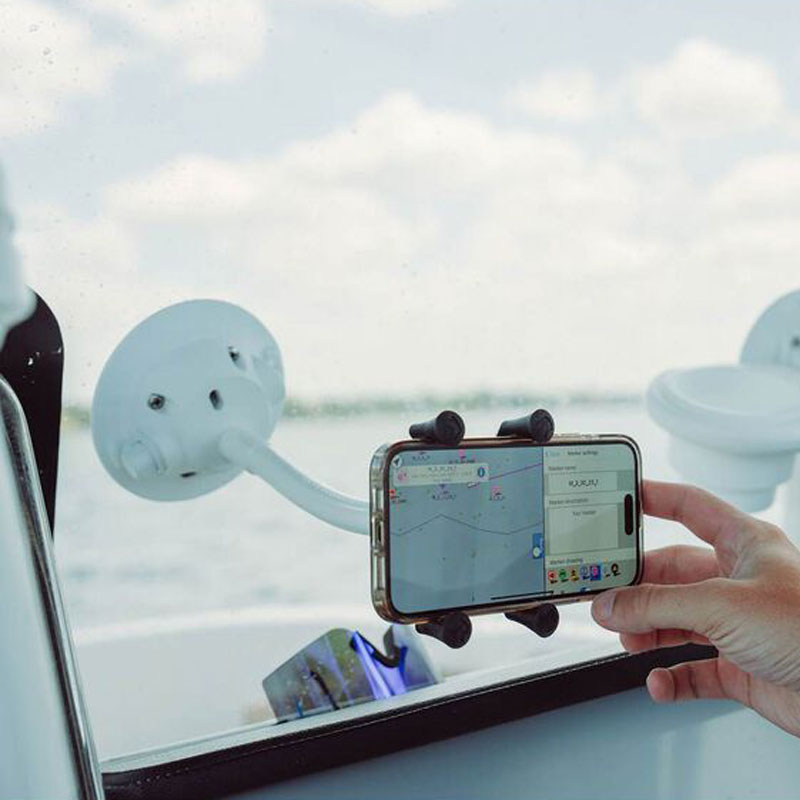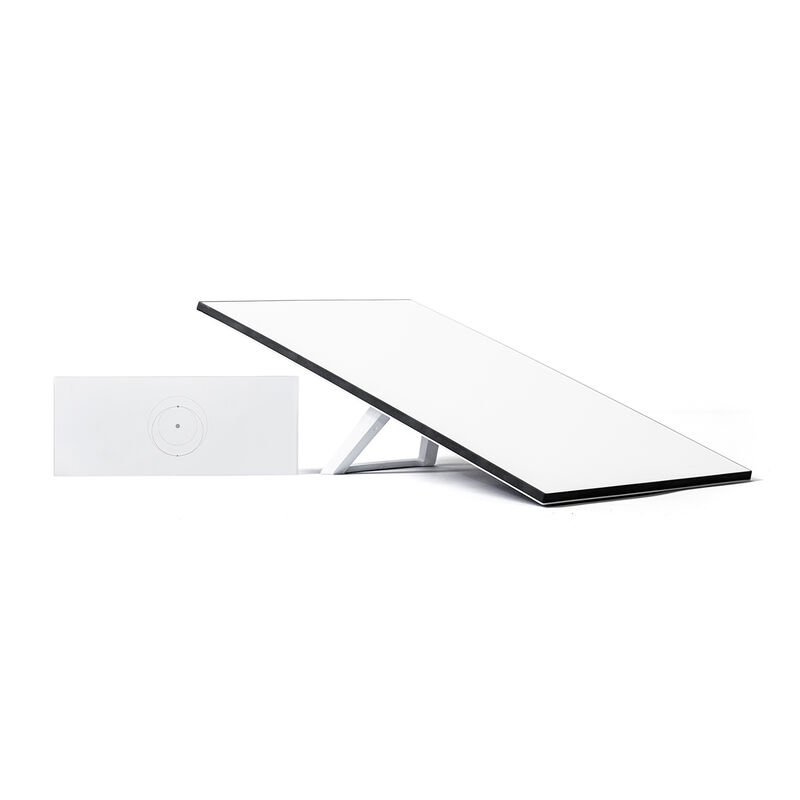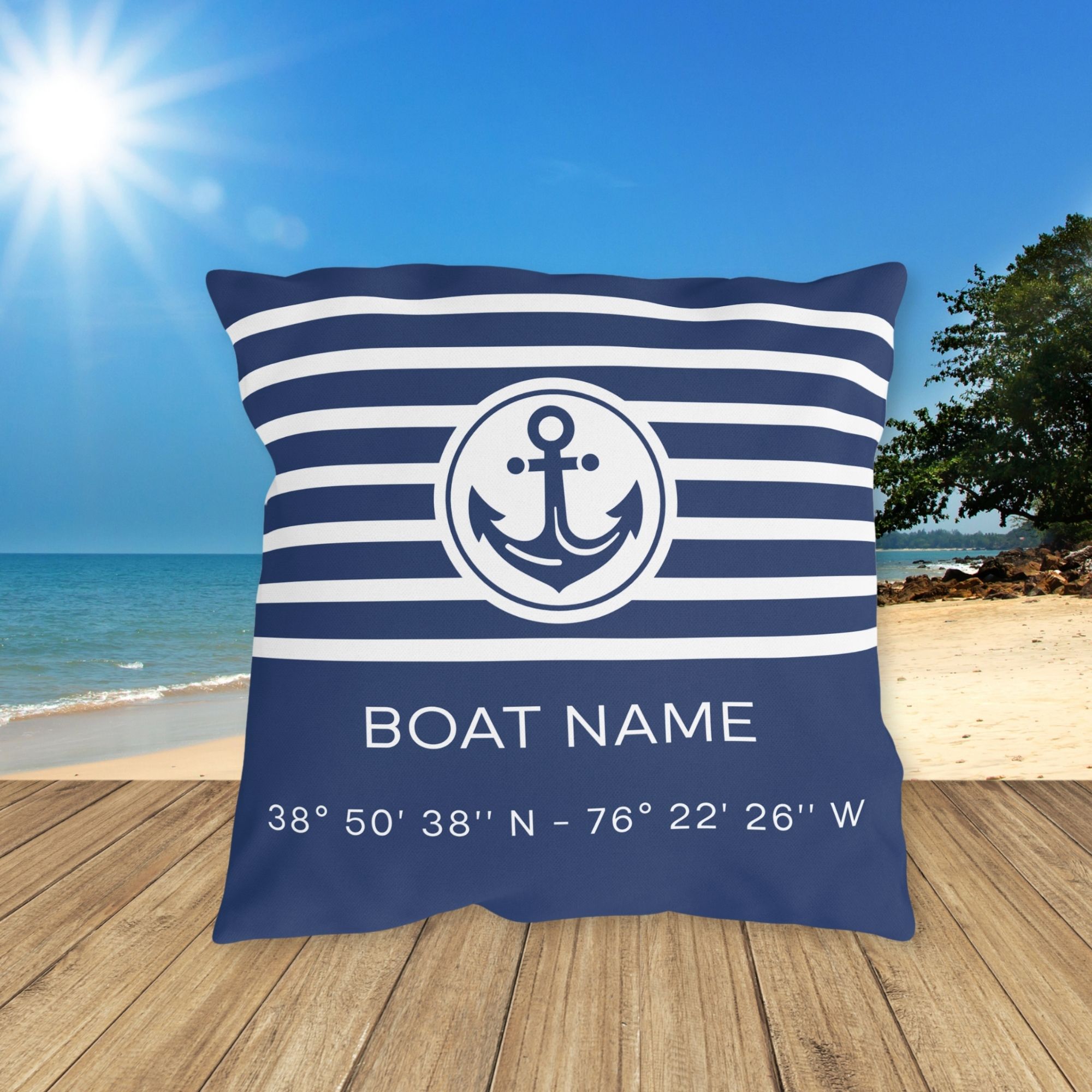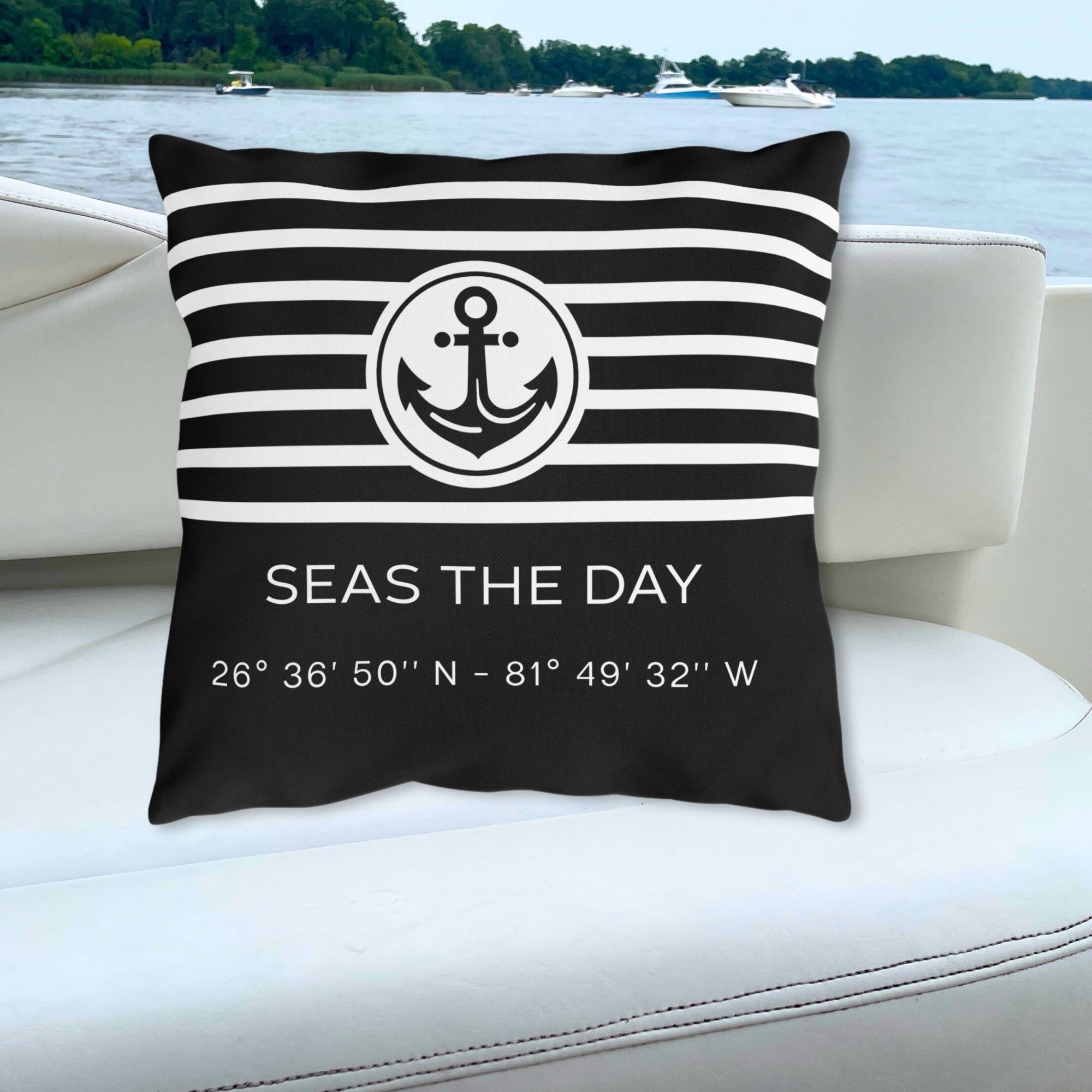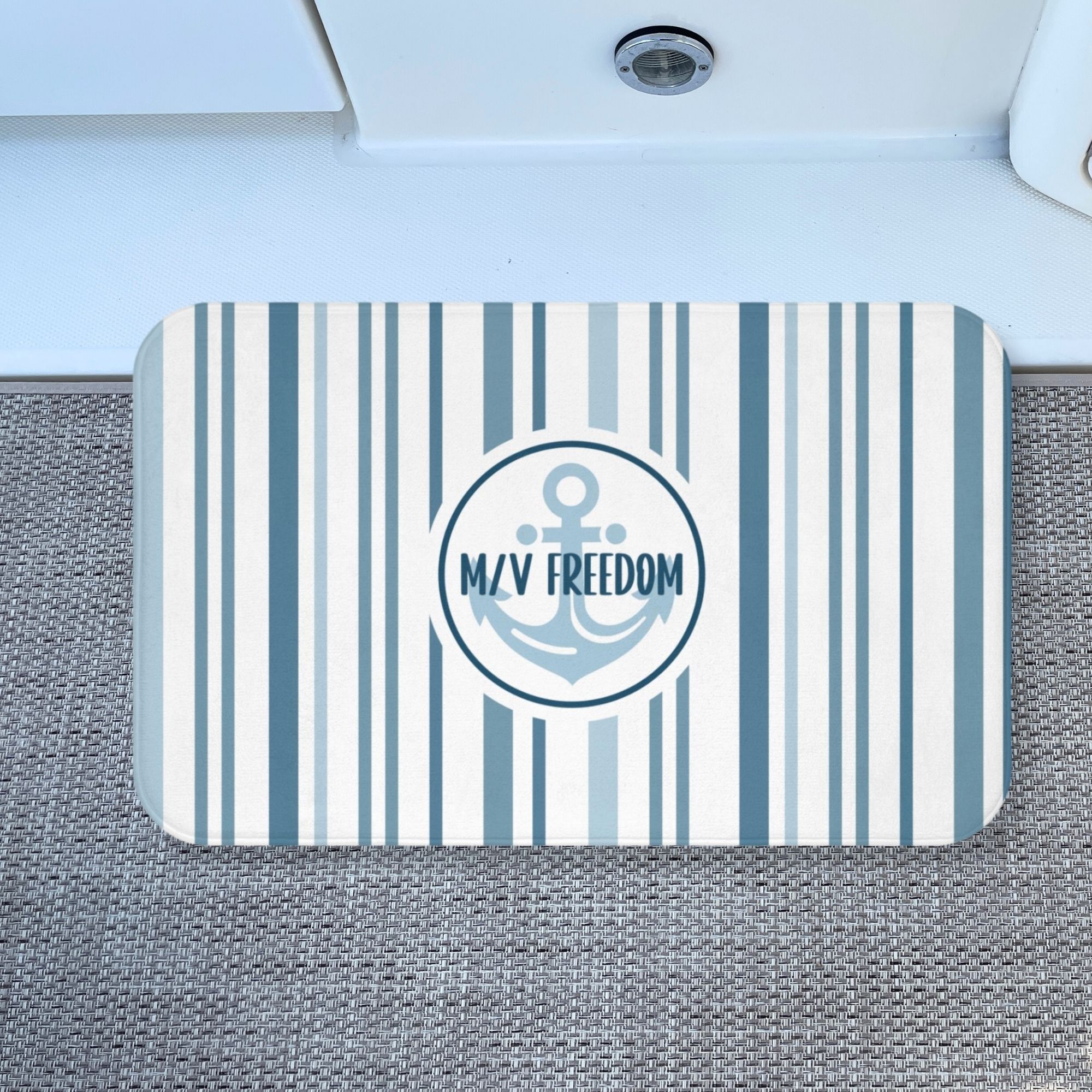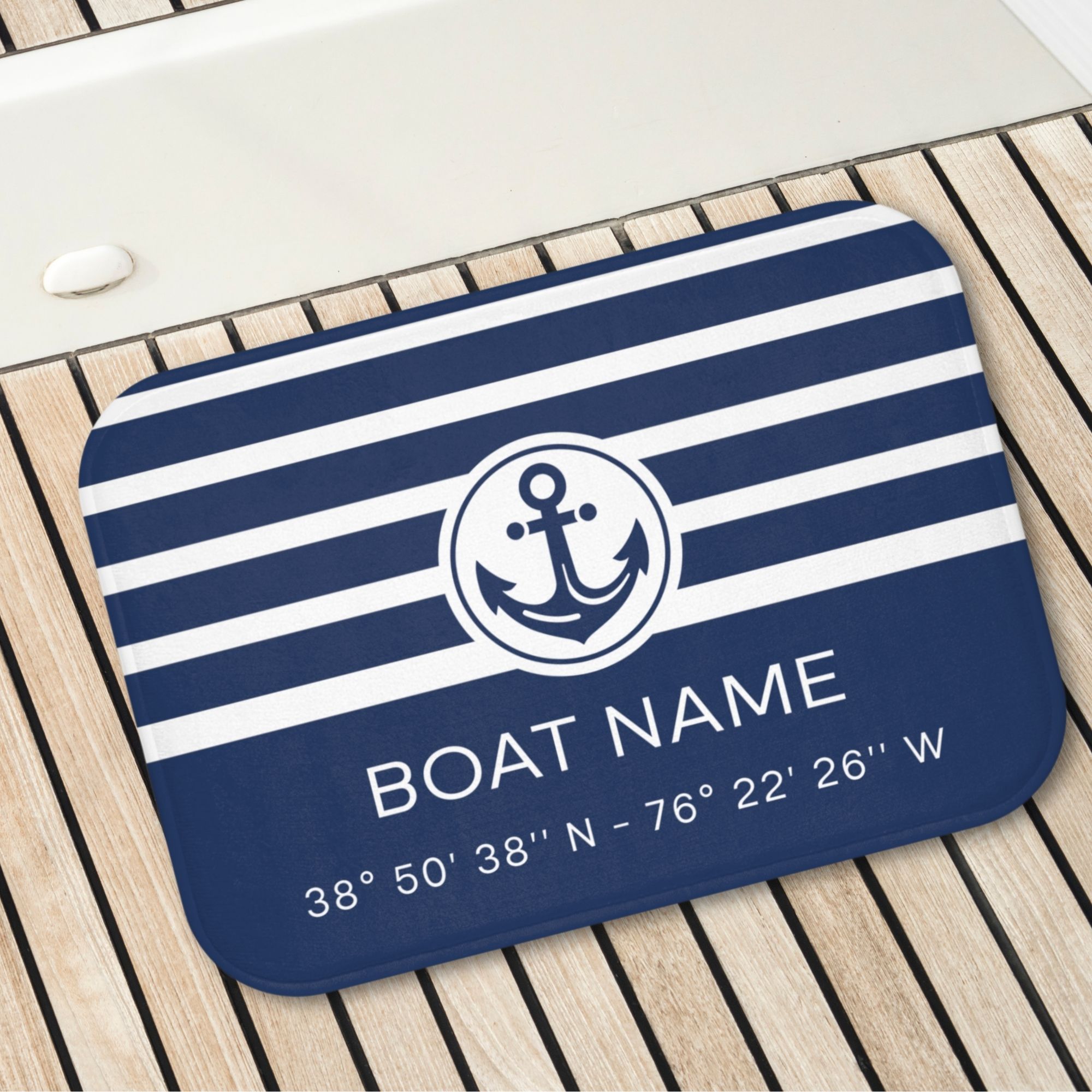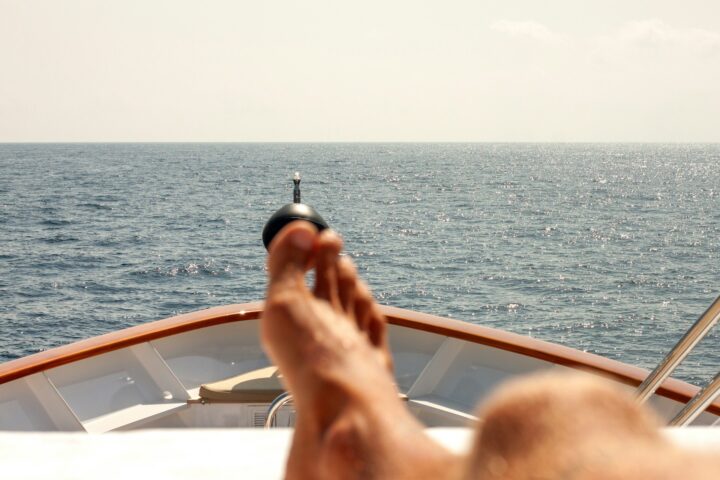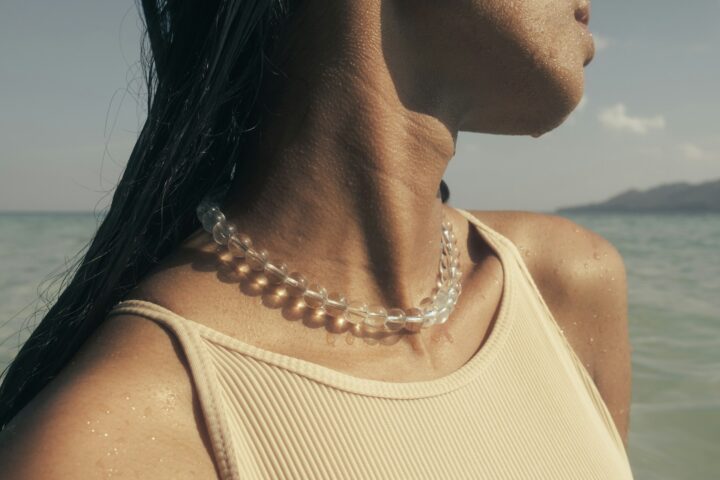
Hawaii proposes ban of chemical-based sunscreen that damages local ecosystems – alternative sunscreen options will have to be used in Hawaii
This summer, Hawaii has officially proposed to ban sunscreen in order to protect the coral reefs. Why? To protect the coral reefs.
There are chemicals present in many sunscreens that protect our skin from the sun, including oxybenzone and octinoxate. But as these chemicals move into our water sources, they can cause damage to local ecosystems. In Hawaii’s case, the sunscreen has been damaging the coral reefs.
A recent study has estimated that around 14,000 tons of sunscreen winds up in the ocean and damages coral reefs every year.
“Just three drops of oxybenzone in an Olympic-sized swimming pool is enough to damage coral larvae,” claims scientist, Nathan Donley, for the Center for Biological Diversity.
If Hawaii bans sunscreen, tourists and locals will have to use sunscreen alternatives to keep their skin safe from damaging UV rays.
This problem is particularly prevalent in the tropics where sunscreens are used virtually year-round. However, a recent study by the Journal of the American Academy of Dermatology has revealed that 53% of skin cancer occurrences in the U.S. happen on a driver’s side of the body. This means that people across the U.S, regardless of latitude, are still being adversely affected by the sun.
But it isn’t just the sun that people are worried about; in fact, the sources of light in your home may have damaging effects on your skin, eyesight, and the environment. This is particularly prevalent if you use fluorescents or neon lights. Many consumers opted for harmful fluorescent lights when it was revealed that they used around 75% less energy than the oft-used incandescent lights. However, harmful UV rays and the small amounts of mercury present in these lights posed a threat; though the damaging UV light might not be as powerful as the rays cast from the sun, but the products are difficult to recycle, making their disposal an issue.
The good news is, nearly 56% of homeowners in 2017 claimed to use eco-friendly LED lighting. For beach-goers, however, there’s no health-friendly alternative to the sun.
Chemical-based Sunscreen Alternatives
Before you stay inside for the rest of your life, luckily, there are sunscreen alternatives to utilize when you visit the beach.
Many people have begun opting for physical blockers, a non-chemical sunscreen formula that relies on materials like zinc and titanium oxide instead of the harmful oxybenzone.
Other chemical-based sunscreen companies may also start switching up their products. According to Kimberly Morel, a pediatric dermatologist for the Columbia University Medical Center, sunscreen brands don’t require the same ingredient standards for all of their products.
“Sunscreen brands can also change their ingredients, so it’s better to become a label reader than to look for a specific brand,” she claims.
Before you buy your favorite sunscreen, be sure to check the label for the harmful oxybenzone and octinoxate. Physical blockers usually last longer and work better than chemical sunscreens anyway.
If you’re traveling to the beach this summer, don’t forget to take the proper, eco-friendly precautions against the harmful effects of UV light.
Not one for sunscreens? As long as you don’t mind resembling a long-lost Victorian queen, you can always tote around your preferred parasol.
Trending Now: Must-Have Boat Gear for Your Boat Life
-
Spinlock Deckvest Junior Inflatable Life Jacket
$209.00 Quick ViewBuy on West Marine -
SeaSucker Flex-X Cell Phone Mount
$99.00 Quick ViewBuy on West Marine -
Torqeedo Travel 1103 CS Electric Outboard Short Shaft
Quick ViewBuy on West Marine -
Sale!
Starlink Standard Kit for Stationary Use: High-Speed, Low Latency Internet
Original price was: $499.00.$349.00Current price is: $349.00. Quick ViewBuy on West Marine
Trending Now: Custom Boat Decor
-
Boat Pillow with Boat Name & LAT LONG Coordinates
Quick ViewBuy on Etsy -
Boat Pillow with Boat Name & LAT LONG Coordinates- Black
Quick ViewBuy on Etsy -
Coastal Blue Stripes Bathmat with Anchor & Boat Name
Quick ViewBuy on Etsy -
Custom Boat Mat with Boat Name & LAT LONG Coordinates
Quick ViewBuy on Etsy
Disclosure: This site may contain links affiliated with companies where we receive compensation. Also, as an Amazon Associate we may earn from qualifying purchases we refer but it does not impact the price you pay. Full disclosure policy.

